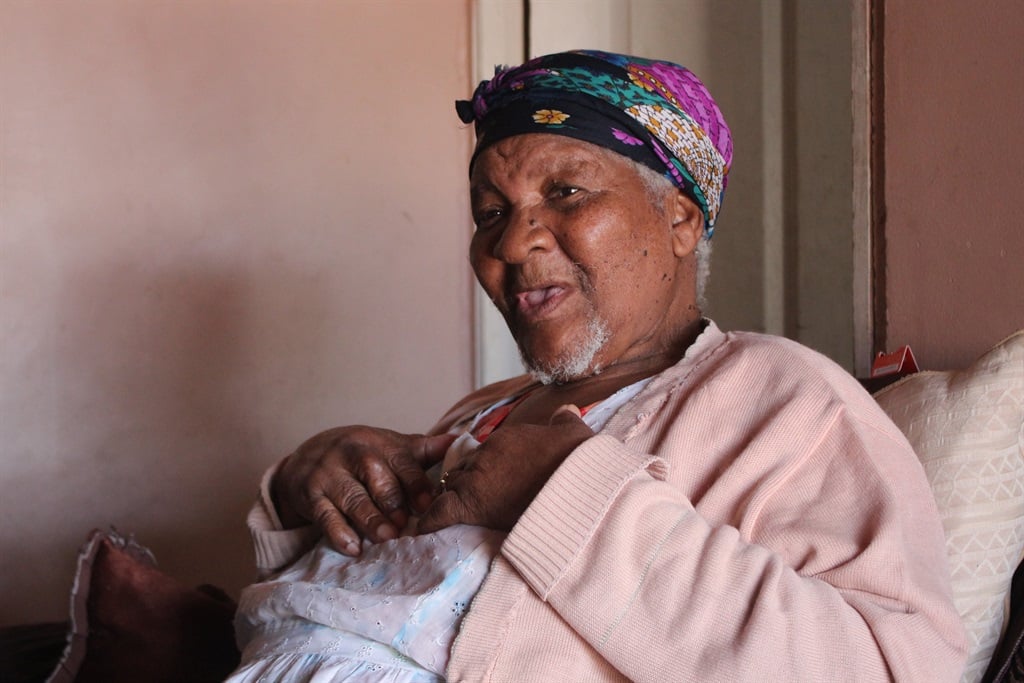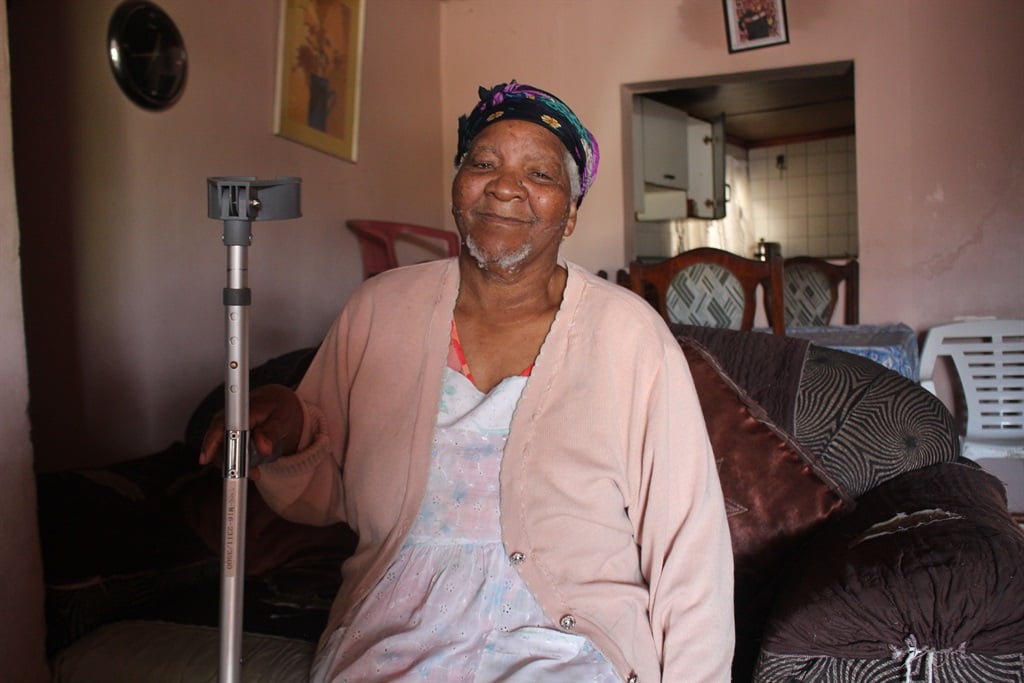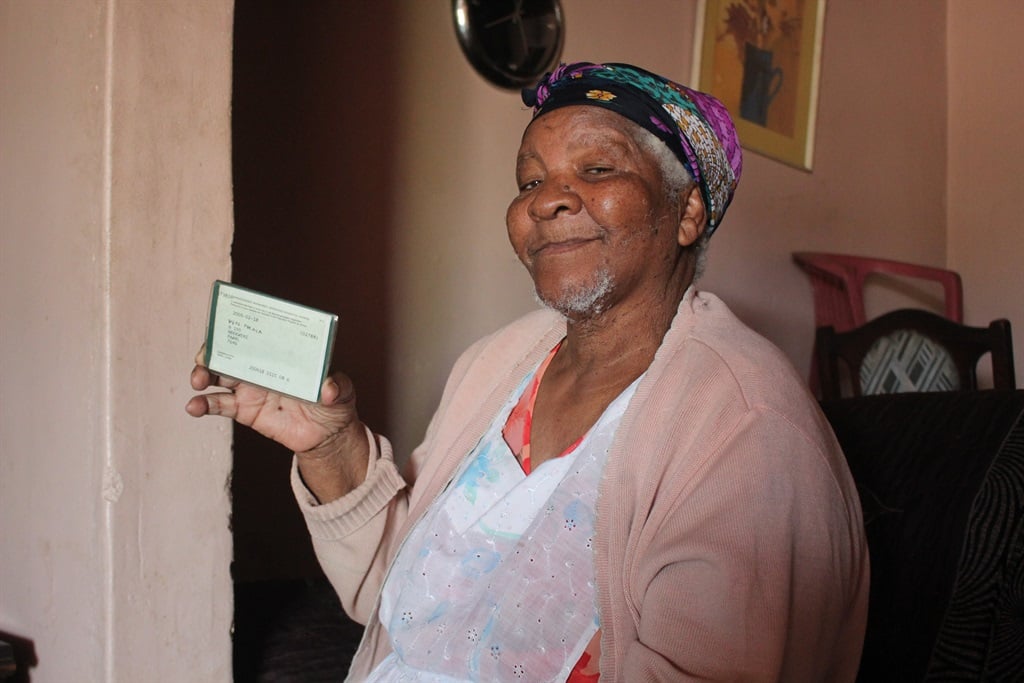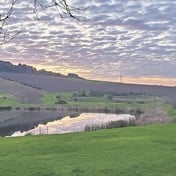
The eyes of Gogo Winnifred Nkala, a 103-year-old resident of Mbekweni, reflected a lifetime of unmet expectations and empty promises when she sat down with Paarl Post last week to reflect on the past three decades of democracy and freedom in South Africa.
She said though the dawn of democracy and first democratic election in 1994 signified a new area of social justice and transformation, 30 years on the country is still grippled with high crime, unemployment and people living in the most harsh conditions.
Nkala was born on 18 June 1920 in Cala village in rural Transkei, in the Eastern Cape.
Speaking to the newspaper in isiXhosa through a local interpreter, Quincy Bongo, also a resident of Mbekweni, she recalled moving to the Western Cape in the early 1950s, where she first resided in Klippiesdal, outside Paarl.
It was during the implementation of apartheid group areas that Nkala and her relatives were forcibly moved to an area in Mbekweni known as Langabuya.
Though she often struggles were her memory due to her very advanced age, Nkala has a very vivid recollection of the removals.
“There was some resistance from some community members and human rights activists,” she said. “But in the end we had no other option but to move when the bulldozers and other vehicles started coming in,”
Nkala said finding work and moving from her local surroundings was especially challenging for someone who comes from a different part of the country.
“Besides the dompas that we as African people always had to carry with us, there was also other documentation that the police would require if you were someone who was not born in this province.
“I had to do odd jobs and would often have to negotiate with someone at the business in question to get my way in there, as we were not recognised as being part of this country.
“Many of our people, including my own family, had to flee this country and go into exile. Some of them would come back in a coffin.”
She recalled the jubilation surrounding the release of struggle leader, afterwards President, Nelson Mandela after being jailed for 27 years by the apartheid government.
As the conversation turns to the present Nkala’s optimism is tempered by a sense of disappointment. “Yes, we have democracy, but what has changed for the ordinary people?” she asks, her eyes reflecting a lifetime of unmet expectations.
For her the promise of democracy remains largely unfulfilled.
Economic disparities persist, basic services are lacking in many communities and unemployment among the youth is at an all-time high, she pointed out with a hint of resignation in her voice.
“I see it among my own grandchildren and great-grandchildren living here under my roof. They’re struggling to find work because nowadays it is all about connections and who you know.
“My little pension has to feed all of them. There are obviously also other expenses such as policies, water and electricity.”
The gogo reiterated that not only would she like to witness the creation of more fair job opportunities, but also a raise in the pension grant.
Sassa’s current old age grant is R1 980 per month and R2 000 for those over the age of 75. Despite her disillusionment Nkala remains steadfast in her belief in the resilience of the South African spirit.




 Publications
Publications
 Partners
Partners





























